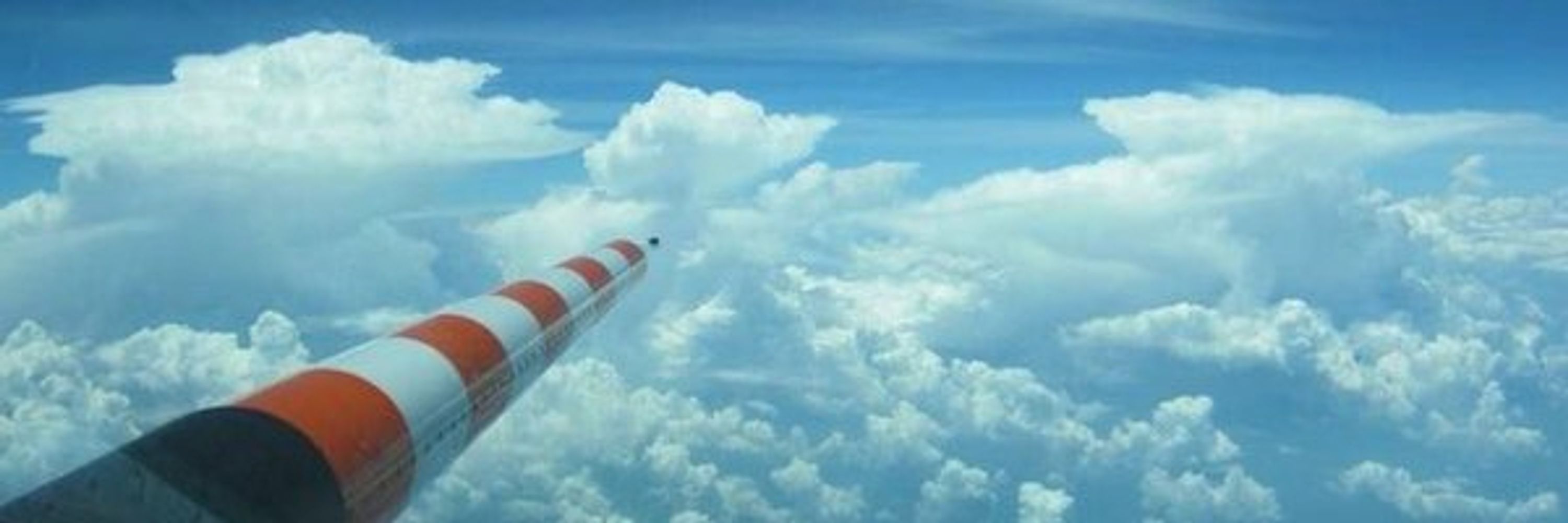
#ClimateAttribution #PolarClimateChange #Clouds&Climate #ClimComms
https://www.physes.uni-leipzig.de/institut-fuer-meteo
rdcu.be/eFpWu









This is a great explainer video by @chrisjardineenergy.bsky.social that helps to make sense of the energy system.
www.youtube.com/watch?v=sCXG...

This is a great explainer video by @chrisjardineenergy.bsky.social that helps to make sense of the energy system.
www.youtube.com/watch?v=sCXG...
Ultar Sar (7,388 m) is the peak at the background right! 🏔️
🎥 karimiehunzai
Ultar Sar (7,388 m) is the peak at the background right! 🏔️
🎥 karimiehunzai

www.nature.com/articles/s41...

www.nature.com/articles/s41...
www.nature.com/articles/s41...

www.nature.com/articles/s41...
Well worth a read
Resilience and regeneration for a world in crisis
Open access link: link.springer.com/article/10.1...

Well worth a read
Join us for this #webinar with Sara Tremi Proietti, Mike Prior-Jones, and Jaz Millar, who will share their experiences and expertise on effective communication and actions to support #LGBT+ #equality.
📆 Wednesday, 26 November 2025 17:00 CET
👉 Register here: egu.eu/9P08T5

*Therefore is problematic here, as it implies that if DACCS was cheap less reductions are needed. No, no, no.
ethz.ch/en/news-and-...
1/

*Therefore is problematic here, as it implies that if DACCS was cheap less reductions are needed. No, no, no.
ethz.ch/en/news-and-...
1/
Aerosols have an actual warming effect in the Arctic in winter: Changed dynamics via shift in the jet stream position (which in turn projects on the Arctic Oscillation index —> more positive)
@jquaas.bsky.social @khaustein.bsky.social

Aerosols have an actual warming effect in the Arctic in winter: Changed dynamics via shift in the jet stream position (which in turn projects on the Arctic Oscillation index —> more positive)
@jquaas.bsky.social @khaustein.bsky.social
➡️https://tinyurl.com/96amj8sz

➡️https://tinyurl.com/96amj8sz
This is the conclusion reached by @ethz.ch researchers on the basis of new calculations. Efforts to reduce carbon emissions should therefore continue at pace"

This is the conclusion reached by @ethz.ch researchers on the basis of new calculations. Efforts to reduce carbon emissions should therefore continue at pace"
More than 20,000 (!!!) tree-ring dated archaeological timbers tell the story of dramatic deforestation and forest recovery, for over a millennium (300 BCE–700 CE).
www.pnas.org/doi/10.1073/...
#dendrochronology #Roman #archaeology #ForestHistory

More than 20,000 (!!!) tree-ring dated archaeological timbers tell the story of dramatic deforestation and forest recovery, for over a millennium (300 BCE–700 CE).
www.pnas.org/doi/10.1073/...
#dendrochronology #Roman #archaeology #ForestHistory
Watch this space 😊
www.theguardian.com/world/2025/n...

Watch this space 😊
www.theguardian.com/world/2025/n...
By 2100, these changes could increase by 17%, affecting 80% of the global population.
www.nature.com/articles/s41...

By 2100, these changes could increase by 17%, affecting 80% of the global population.
www.nature.com/articles/s41...
There is a lot of uncertainties on overshoot, but there is one thing that we are 100% sure about:
GHG emissions need to go down >90% in decades for overshoot to be a reality.
www.swp-berlin.org/publikation/...

There is a lot of uncertainties on overshoot, but there is one thing that we are 100% sure about:
GHG emissions need to go down >90% in decades for overshoot to be a reality.
www.swp-berlin.org/publikation/...
There is a lot of uncertainties on overshoot, but there is one thing that we are 100% sure about:
GHG emissions need to go down >90% in decades for overshoot to be a reality.
www.swp-berlin.org/publikation/...



www.nature.com/articles/s41...

www.nature.com/articles/s41...
Middle-of-the-road? But just because we have followed the SSP2-45, SSP4-60 path for 10 years, does not mean we follow it for the next 70 years.
Policy & technology have pushed the world away from the high-end, but 2.7C in 2100 & rising is not a good outcome!

Middle-of-the-road? But just because we have followed the SSP2-45, SSP4-60 path for 10 years, does not mean we follow it for the next 70 years.
Policy & technology have pushed the world away from the high-end, but 2.7C in 2100 & rising is not a good outcome!


